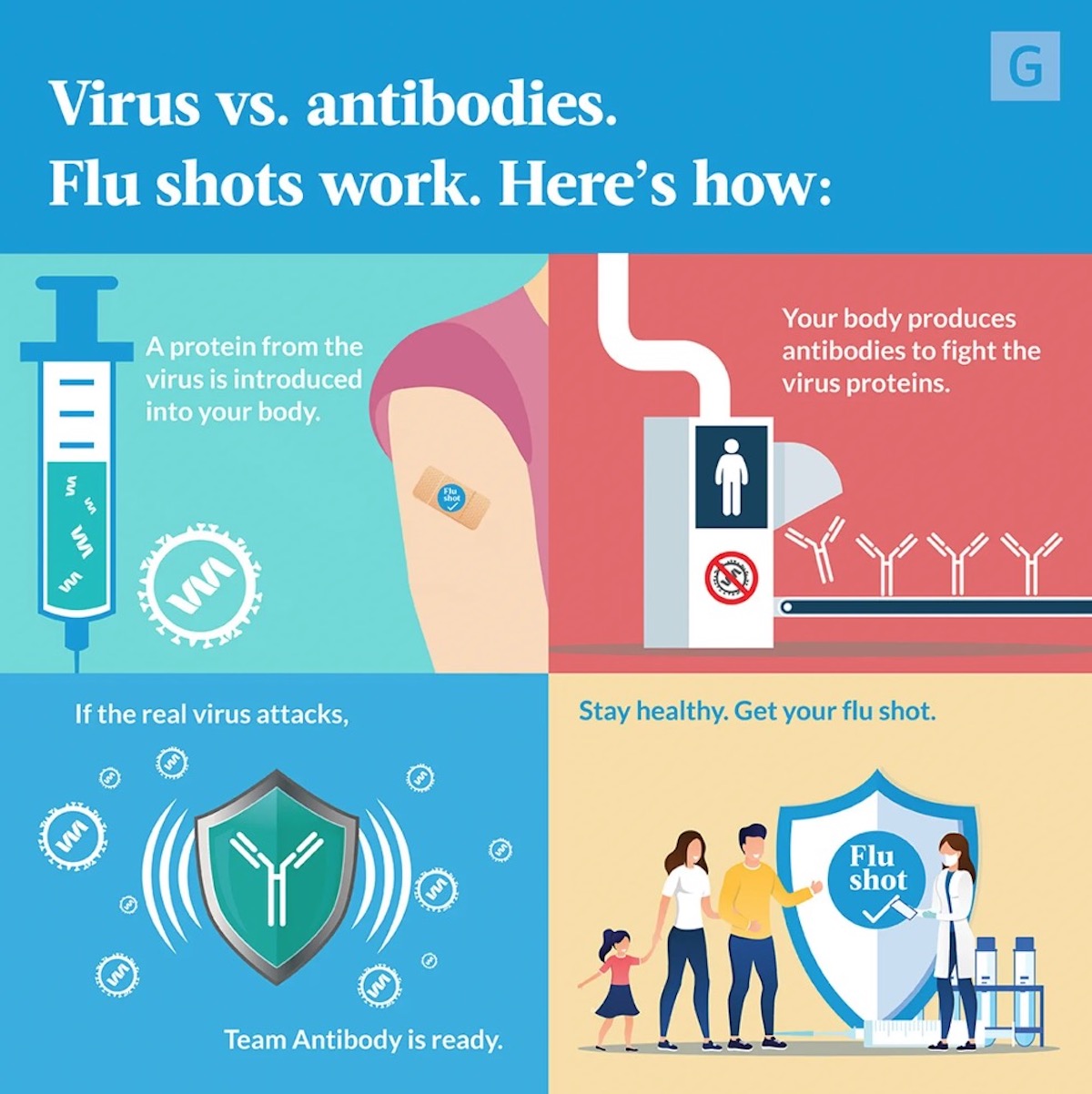The flu vaccine is very safe for most people. It has been used for decades and is effective in preventing the flu. The process of developing and testing flu vaccines follows strict safety guidelines to ensure that the vaccine is both safe and effective. Millions of people around the world receive flu shots every year without any serious issues.

There are some myths and misconceptions about vaccines, including the flu shot, but it’s important to rely on accurate information. Getting the shot is much safer than risking a serious case of the flu. The vaccine cannot give you the flu because the virus used in the shot is inactive or weakened.
Are There Any Side Effects?
Like most medications or vaccines, the flu shot can have some side effects. However, these side effects are usually mild and go away on their own within a few days. Some of the most common side effects include:
- Soreness at the injection site: Your arm may feel a little sore or tender where you got the shot.
- Mild fever or fatigue: Some people experience mild flu-like symptoms such as a low-grade fever or tiredness, but these symptoms are usually short-lived.
- Headache or muscle aches: You might feel achy or get a mild headache, but this is not common.
Severe side effects from the flu shot are rare. If you have concerns about the flu vaccine or are unsure whether you should get it, it’s always a good idea to talk to your doctor or healthcare provider.
What Are the Benefits of Getting a Flu Shot?
Getting a flu shot comes with several important benefits. It’s more than just a way to avoid a few sick days; it’s a vital part of public health. Here are some of the key advantages:
- Prevents illness: The most obvious benefit is that it helps you avoid getting sick with the flu. While the flu vaccine isn’t 100% effective, it significantly lowers your chances of getting the flu.
- Reduces severe outcomes: Even if you do get the flu after being vaccinated, you’re much less likely to have severe symptoms or end up in the hospital. Studies have shown that the flu shot can reduce the risk of hospitalization by around 40% to 60%.
- Protects others: When more people get vaccinated, it helps reduce the spread of the flu virus. This is especially important for protecting people who can’t get vaccinated, like newborns or those with certain health conditions.
- Saves lives: The flu can be deadly, especially for high-risk groups. The flu shot can help save lives by preventing the spread of the virus and reducing the number of severe cases.
Where Can I Get a Flu Shot
Flu shots are widely available, and getting one is easier than ever. You can get vaccinated at several convenient locations, including:
- Doctor’s offices: Many primary care physicians offer flu shots as part of routine care.
- Pharmacies: Local pharmacies like CVS, Walgreens, and Rite Aid often offer flu vaccines without an appointment. Some even offer free flu shots with certain insurance plans.
- Community clinics: In many areas, community health centers or clinics offer flu shots at low or no cost.
- Workplaces: Some employers offer flu shots to their employees as a health benefit.
- Schools and universities: Many schools and colleges provide flu vaccines to students and staff.
It’s always a good idea to check with your healthcare provider or local pharmacy to find out when and where flu shots are available in your area. Or check online here:

